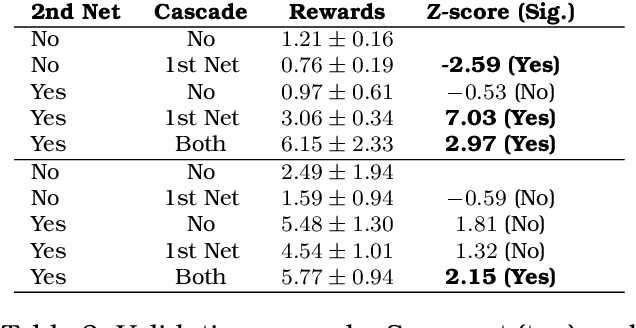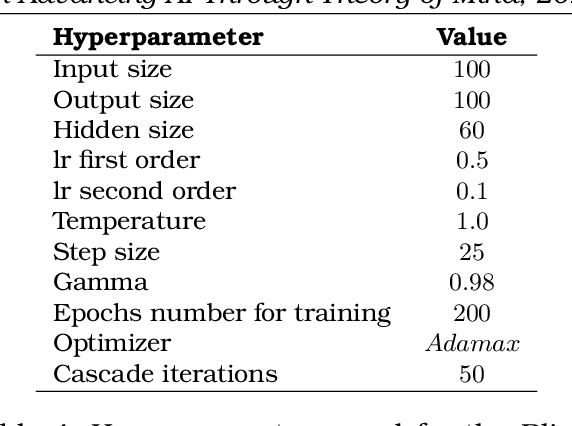Mouad Abrini
HARMONI: Multimodal Personalization of Multi-User Human-Robot Interactions with LLMs
Jan 27, 2026Abstract:Existing human-robot interaction systems often lack mechanisms for sustained personalization and dynamic adaptation in multi-user environments, limiting their effectiveness in real-world deployments. We present HARMONI, a multimodal personalization framework that leverages large language models to enable socially assistive robots to manage long-term multi-user interactions. The framework integrates four key modules: (i) a perception module that identifies active speakers and extracts multimodal input; (ii) a world modeling module that maintains representations of the environment and short-term conversational context; (iii) a user modeling module that updates long-term speaker-specific profiles; and (iv) a generation module that produces contextually grounded and ethically informed responses. Through extensive evaluation and ablation studies on four datasets, as well as a real-world scenario-driven user-study in a nursing home environment, we demonstrate that HARMONI supports robust speaker identification, online memory updating, and ethically aligned personalization, outperforming baseline LLM-driven approaches in user modeling accuracy, personalization quality, and user satisfaction.
Proceedings of 1st Workshop on Advancing Artificial Intelligence through Theory of Mind
Apr 28, 2025



Abstract:This volume includes a selection of papers presented at the Workshop on Advancing Artificial Intelligence through Theory of Mind held at AAAI 2025 in Philadelphia US on 3rd March 2025. The purpose of this volume is to provide an open access and curated anthology for the ToM and AI research community.
Reasoning LLMs for User-Aware Multimodal Conversational Agents
Apr 02, 2025Abstract:Personalization in social robotics is critical for fostering effective human-robot interactions, yet systems often face the cold start problem, where initial user preferences or characteristics are unavailable. This paper proposes a novel framework called USER-LLM R1 for a user-aware conversational agent that addresses this challenge through dynamic user profiling and model initiation. Our approach integrates chain-of-thought (CoT) reasoning models to iteratively infer user preferences and vision-language models (VLMs) to initialize user profiles from multimodal inputs, enabling personalized interactions from the first encounter. Leveraging a Retrieval-Augmented Generation (RAG) architecture, the system dynamically refines user representations within an inherent CoT process, ensuring contextually relevant and adaptive responses. Evaluations on the ElderlyTech-VQA Bench demonstrate significant improvements in ROUGE-1 (+23.2%), ROUGE-2 (+0.6%), and ROUGE-L (+8%) F1 scores over state-of-the-art baselines, with ablation studies underscoring the impact of reasoning model size on performance. Human evaluations further validate the framework's efficacy, particularly for elderly users, where tailored responses enhance engagement and trust. Ethical considerations, including privacy preservation and bias mitigation, are rigorously discussed and addressed to ensure responsible deployment.
Legibot: Generating Legible Motions for Service Robots Using Cost-Based Local Planners
Apr 07, 2024Abstract:With the increasing presence of social robots in various environments and applications, there is an increasing need for these robots to exhibit socially-compliant behaviors. Legible motion, characterized by the ability of a robot to clearly and quickly convey intentions and goals to the individuals in its vicinity, through its motion, holds significant importance in this context. This will improve the overall user experience and acceptance of robots in human environments. In this paper, we introduce a novel approach to incorporate legibility into local motion planning for mobile robots. This can enable robots to generate legible motions in real-time and dynamic environments. To demonstrate the effectiveness of our proposed methodology, we also provide a robotic stack designed for deploying legibility-aware motion planning in a social robot, by integrating perception and localization components.
 Add to Chrome
Add to Chrome Add to Firefox
Add to Firefox Add to Edge
Add to Edge